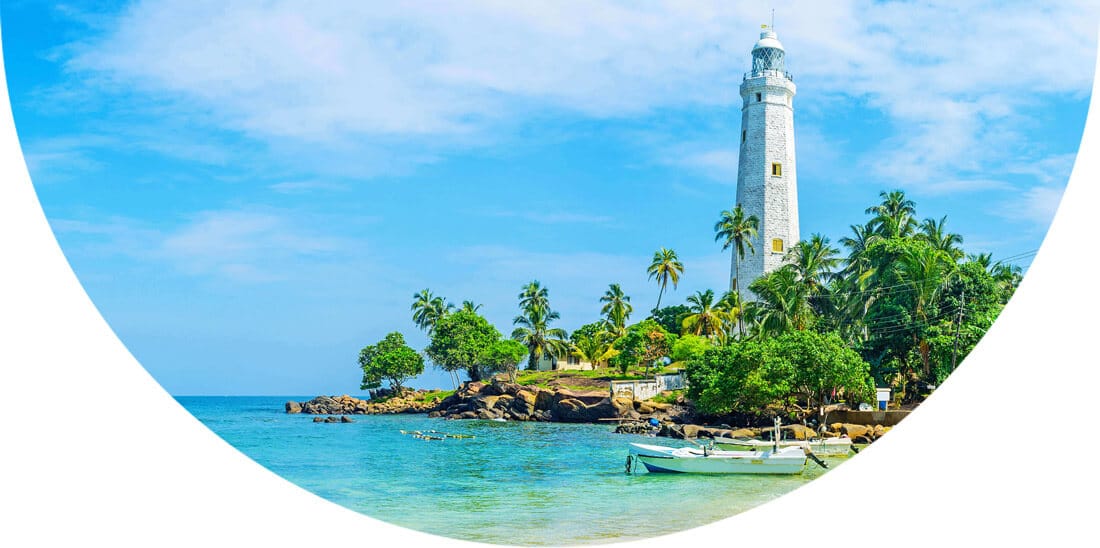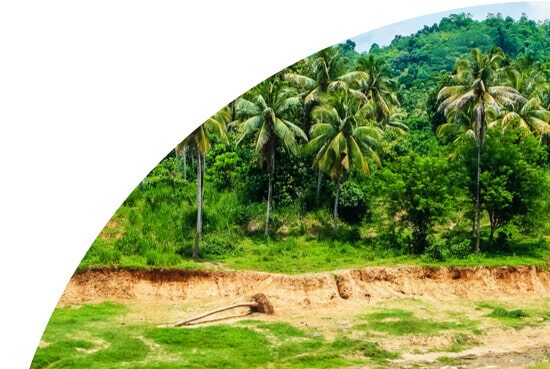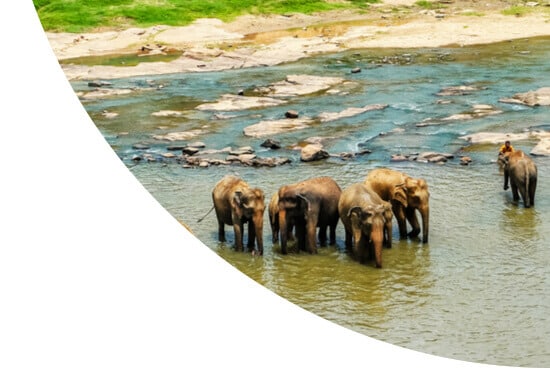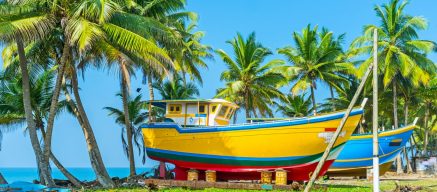Crimean-Congo haemorrhagic fever (CCHF) is primarily spread to humans either by infected ticks or animal blood. Human-to-human transmission can also occur resulting from close contact with the blood, organs or other bodily fluids of an infected person.


Travel Vaccinations for Sri Lanka
Recommended Vaccines for Sri Lanka
The level of protection needed depends on your medical history and travel itinerary. Book now to get a personalised recommendation from our specialist travel nurses. The consultation costs £20 plus any vaccines you decide to take.
Flexible appointments with no upfront payment
Book Now
Destination Information for Sri Lanka
The island of Sri Lanka, south of India in the Indian Ocean, is a diverse landscape of rainforest, desert, highlands and beaches. The ancient capital, Anuradhapura, has Buddhist ruins over 2,000 years old. Relics, temples and religious sites abound on this balmy and beautiful island. Sri Lanka’s monasteries and temples are still important places of pilgrimage and devotion. The island as a whole is also innately spiritual, with festivals and religious celebrations bringing visitors throughout the year.
There’s plenty for tourists to see and do in Sri Lanka, including sporting activities like kite surfing and diving. Visit Bentota beach on the Southwest coast to observe sea turtle hatcheries. Whale and dolphin watching in the Indian Ocean is an opportunity most tourists won’t want to miss. One of the best aspects of Sri Lanka being a relatively small island nation is that distances between sites and attractions are short, meaning you should be able to fit lots into your stay.
The rainy season in Sri Lanka depends on where on the island you are based. The North-East monsoon season is October to January, and the South-West monsoon season is May to July. The climate throughout the country varies quite dramatically, being much cooler in the hills of central Sri Lanka and warmer and drier in the Southern province.
To ensure you stay safe from diseases in Sri Lanka, get the right travel vaccinations before setting off. All visitors are advised to make sure they are up to date with diphtheria, tetanus and polio vaccination. Rabies, Hepatitis A and B, and Japanese encephalitis may also be a risk factor and vaccinations are often recommended so book an appoint at one of our clinics to make sure you’re protected.
Infections and Outbreaks frequently change from country to country and by attending our clinics you will be given the most up to date clinical and safety advice from our team of specialists. Our advice to you often includes aspects such as:
Non Vaccinated Diseases
Additional Health Risks Information for Sri Lanka
If you’re visiting Sri Lanka, you need to be aware of the potential health risks. You can take steps to prepare yourself by ensuring you have the relevant vaccinations, but there are some diseases present that you will not be able to vaccinate against. Because of this, it is important to avoid being bitten by mosquitos and other insects where possible.
Sri Lanka can be affected by severe weather conditions such as monsoon rains and tropical storms. Check the local weather conditions for your specific destination before your trip, and during your stay to make sure you’re dressed appropriately and don’t take any unnecessary risks.
As with anywhere in the world in the current climate, be aware of the potential for violence, crime and other problematic situations. Sri Lanka is generally considered a safe place to travel. However, incidents do occur so you should be vigilant at all times.
Standards of healthcare facilities vary throughout Sri Lanka. Although, it’s worth noting that there are some clinics in Colombo which are targetted towards Sri Lankan tourists, and the quality of care here is better than in more remote areas. Wherever you plan to travel, make sure you have arranged adequate travel insurance for yourself and your belongings, which covers the specific activities you plan to undertake, such as extreme sports.
Latest Sri Lanka Articles
Information for travelling to Sri Lanka
An average coastal temperature of 27 degrees can be savoured on white sandy beaches with a lack of tourists, this does sound like an unrealistic combination. However it’s not, when many tourists think of travelling they overlook ‘Sri Lanka’ which makes it the perfect relaxing getaway.




